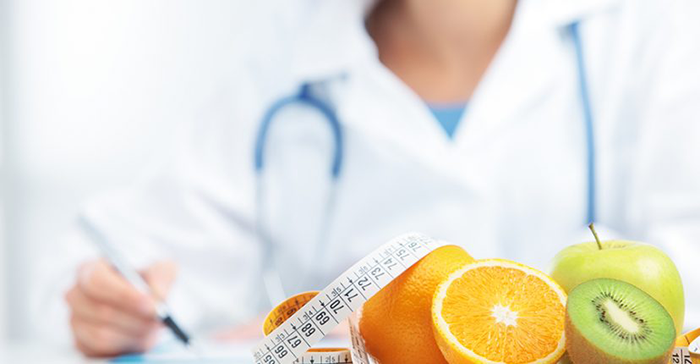When good nutrition is complemented by physical activity, the combination is practically unbeatable
Most of us worry about eating better for aesthetic reasons: in a society where image is a cult, being thin is a popular trait. We see food and catalogue it according to whether it’s fattening or not, or we think it’s just fuel that provides us with the energy we need to function well throughout the day.
Luckily, more and more people are aware that food is the cornerstone of good health and that a good diet and physical activity is a virtually unbeatable combination. Eating is just providing the right nutrients to our cells and intestinal bacteria. Cells are in charge of making your whole body work well and need nutrients of the highest quality to do their job properly.
A very quick example: good quality fats (fatty acids, in this case) allow cell membranes to be flexible and ensure that nutrients can penetrate well to obtain the energy they need (glucose, for example). Two nutrients, two functions: the former acts as a doorman improving the entrance of the latter, which is the actual energy. Therefore, knowing how to choose the fats in our diet well totally conditions our health: poor quality fats will create more rigid membranes and cells won’t be able to work at 100%.
As for bacteria, we now know that the balance of intestinal microbiota depends on many health-related issues, such as a good immune system (defences) or the production of certain vitamins (like K). What we eat, especially the quality of what we eat, improves the balance or deteriorates it, with consequences on our health.
What do doctors and experts say about food?
Scientists have been telling us for decades that all of their research conclusively proves that the majority of today’s non-infectious diseases, such as obesity, cardiovascular problems, cancer or diabetes, to name a few, can be reduced or avoided completely with a good diet.

The evidence on these issues is overwhelming. Nutrigenetics, a very young science, also tells us that what we eat modifies the expression of genes and activates or inactivates some pathologies and other conditions in our bodies. Doctors and experts in sports nutrition have shown that a good diet is essential in order to perform better, to have better muscles, to reduce body fat, recover better and even to prevent injuries.
As we can see, wanting to eat better to lose a few pounds is a good idea and it’s important, because being overweight is always an indicator of a health problem, but it’s only the tip of the iceberg. When someone tries to improve their diet they have to face an avalanche of information that’s often contradictory about diets, foods, types of cooking, combinations… It’s a long list.
But how can we separate the grain from the chaff? There are two options. The first one is to roll up your sleeves and start learning about nutrition. It’s a good option, but it doesn’t work for everyone and you have to invest a lot of time. The second one is to put yourself in the hands of a good nutrition professional that can help you out. You’ll notice the benefits in a very short time. If they do a good job, they won’t just give you a diet out of a drawer: they’ll provide a personalised guide, you’ll be taught what eating better means and to do so, you’ll lose the fat you need to, if any, and they’ll provide a meal structure to try to make your lifestyle compatible with a healthy diet. They’ll also change the perception we have of diets as rigid and strict things, especially considering that our health and therefore, our well-being, will radically improve.
For those who want to improve their sports performance, they’ll find the perfect ally and complement for their physical activity and they’ll see how making small changes will help them achieve their goals more easily.
Don’t give it any more thought, put yourself in the hands of an expert and improve every aspect of your life. You can now request your free 30-minute nutritional assessment at your DiR Club.









What do you think?